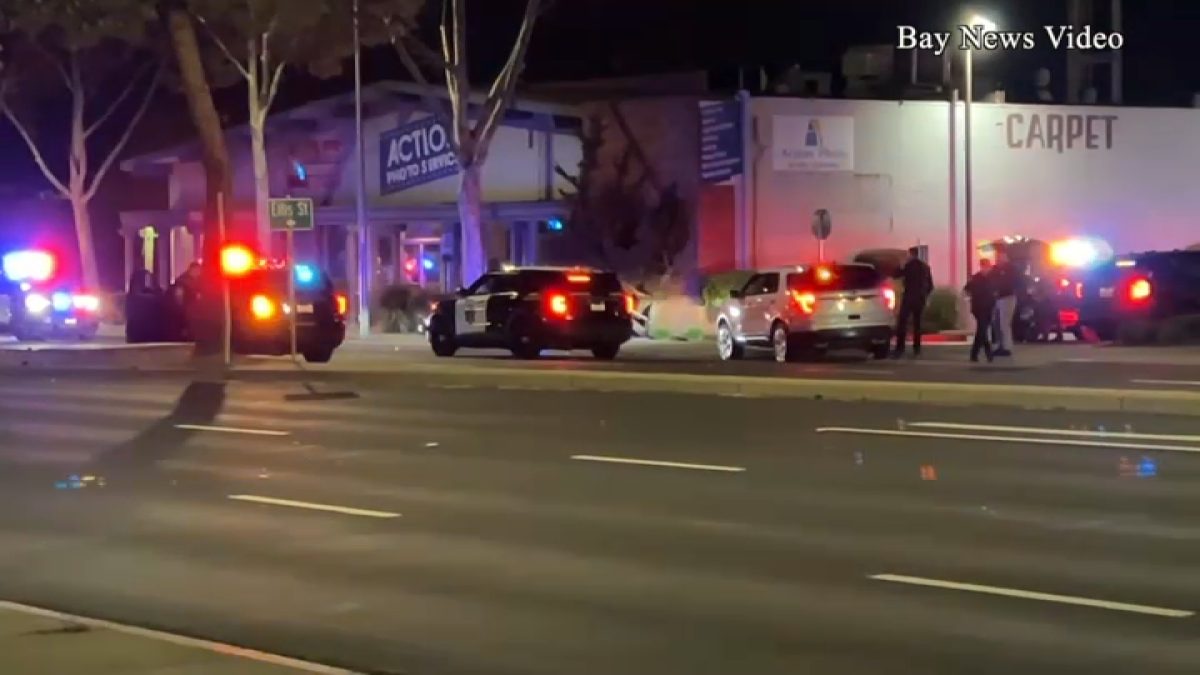Stash your cash in the Public Bank of Oakland? With the city council exploring a proposal to open a public bank, it could be possible. And it would provide a place for marijuana moguls to do their banking.
Oakland council members Rebecca Kaplan, Dan Kalb and Abel Guillen want the city to cut ties with big banks and start a public bank.
The resolution that passed unanimously Tuesday night is just “the first of many steps to see if this could happen in Oakland or the East Bay,” Kalb said. But the resolution was endorsed by dozens of local organizations.
“This is a beauitiful example of responding to injustice broadly by building solid institutaions locally,” Kaplan said, referring to the election of Donald Trump.
A public bank would provide an alternative, allowing Oakland to avoid doing business with big banks like Wells Fargo, which was fined by government regulators for fraudulently opening millions of bank accounts. Oakland doesn’t currently do business with the third largest bank in the country. Most of its accounts are with Chase.
"This is just another reason why Oakland should create a public bank – so the City can divest from its relationship with Chase," said Oakland resident Susan Harman during a public comment period.
A public bank could fund affordable housing, invest in small businesses, and take deposits from marijuana businesses.
Local
Matt Hummel, Chair of the Oakland Cannabis Regulatory Commission, reported that the commission fully supports the idea of a public bank for Oakland because of its potential benefits for the cannabis industry.
With the passage of Prop. 64, cannabis is legal in California. But it’s still classified as a Schedule 1 drug by the federal government, so federally regulated banks can’t accept deposits earned from the legal sale of a drug that’s illegal under federal law.
Kaplan said her staff is working with Richmond and other cities to consider a regional public bank.
Santa Rosa is also looking into founding a public bank to serve the North Coast. Santa Fe, NM and Philadelphia are also considering public banks. For almost a century, North Dakota has had a public bank.
The resolution directs the city administrator to report back on how much it would cost the city to study public banking, gather input from the public and contractors, and report back on what would be needed to start a public bank. The bank would operate independently, but not as a retail bank so it could avoid some regulations and reduce costs.



